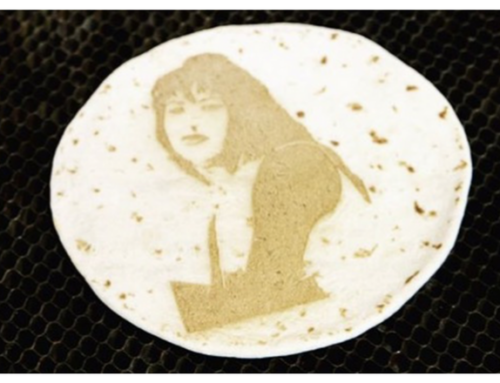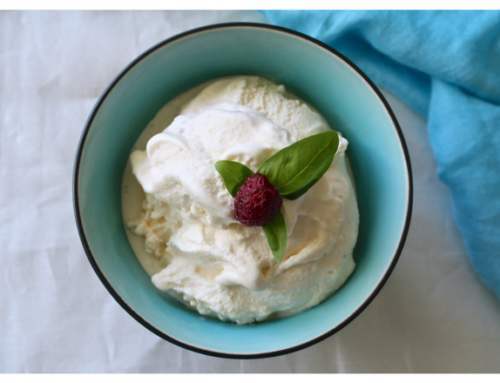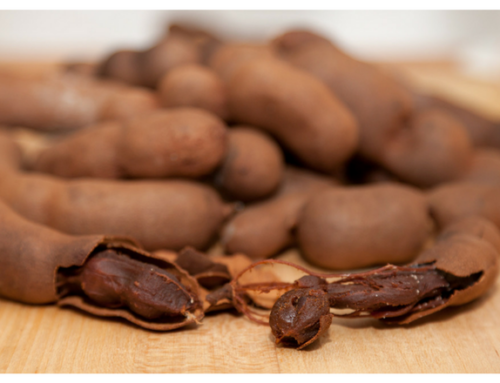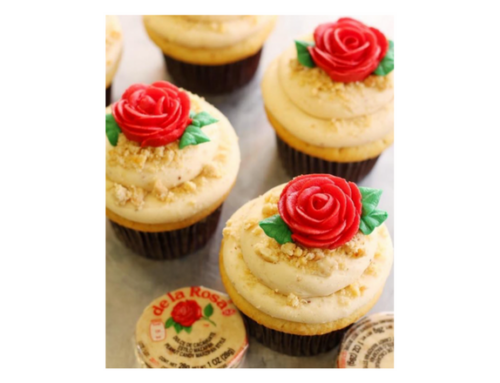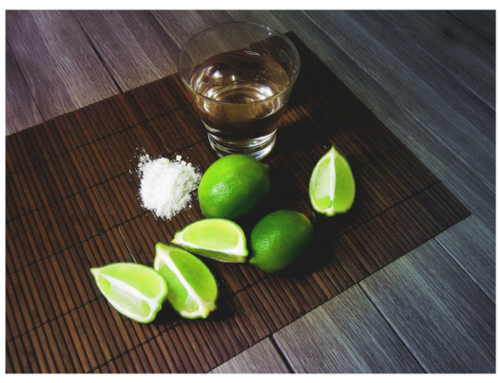Just shy of 80 years old, legendary chef Jacques Pépin isn’t resting on his laurels. This month will see the final airing of his PBS cooking show Jacques Pépin: Heart and Soul and the publication of his 25th cookbook, Jacques Pépin: Heart and Soul in the Kitchen.
Known as the foremost authority on French cuisine, Pépin will likely surprise loyal fans and traditionalists with the latter. That’s because his latest cookbook features global recipes that highlight Pépin’s culinary range and reflect the many influences in his life.
Among those influences is his Puerto Rican wife Gloria, an accomplished cook in her own right, and his many travels to Latin America and the Caribbean.
“Many of the dishes in this book date back to my childhood,” says Pépin. “Others have been picked up as I learned about American food and traveled the world tasting Asian and Latin American cuisine.”
The recipes from the cookbook were so delectable that we featured them in the October issue of Latina Magazine.
We spoke to Pépin to get his thoughts on everything from celebrity chefs, why he loves living in the U.S., and how he makes his guacamole (with peas or without?).
Click through to read the exclusive interview. [pagebreak]
TLK: In your bestselling memoir The Apprentice you talk about starting out cooking in your mother’s kitchen as a child, peeling potatoes, collecting eggs from the hens, and things of that nature. How did this inform your approach to cooking?
JP: The things we do as a child stay with us for the rest our lives. I have eaten at the greatest restaurants in the world, but the taste of the food of my mother and my aunt is something visceral. In addition, I’m an extremely mindful cook because I was raised in a time where food was not plentiful. And when there is not plentiful food, you don’t throw anything out, so this informs my life as a cook.
TLK: Since you mention not throwing food out, you’ve said that you and your wife Gloria have disagreed about utilizing leftovers. How does that work out?
JP: That’s just 50 years of marriage. Now when I go somewhere and come back everything is clean in the refrigerator. I don’t know what she does with it and I don’t inquire. (Laughing)
TLK: You passed on an opportunity to be the White House chef for future President Kennedy in favor of working at Howard Johnson. What did you learn working there?
JP: You have to look at it in the context of the time. During that time I had never, never been on television. Television barely existed. Never on the radio, never in a magazine, never in a newspaper. Back then the chef was in the kitchen and that’s all there was to it. There was no other contact. No one gave you kudos in the kitchen or called you to the dining room to give you kudos. If anyone came into the kitchen it was because something was wrong. So in that context, I understood that being invited to the White House was important, but I had no inclination of the possibility or potential because at the time chefs were really at the bottom of the social scale. Had I known something different, my decision might have been different. At Howard Johnson I learned American eating habits and traditions. I learned new foods. I learned about marketing. It was a whole new apprenticeship for me, and I knew I would learn more there than in the White House. In fact, I opened a restaurant called The Potagerie on Fifth Avenue in 1970. I would not have been able to do it without having worked at Howard Johnson. [pagebreak]
TLK: So what’s your opinion on the celebrification of cooking and chefs?
JP: It’s great! I am a part of it and I’m very thankful for it. When I worked in Paris under a very disciplined kind of cooking the idea was to conform. There were 48 chefs in the kitchen and 48 different chefs could make the same lobster soufflé and you would never know who made it. That was the idea: to learn and to conform. But it’s exactly the opposite now. In fact, there is a lot of pressure on young chefs to put their signature on a dish and to make it different. As I was trained, I didn’t have to worry about that. It wouldn’t have crossed my mind to change a recipe or try something different.
TLK: Your wife Gloria is Puerto Rican. Has she influenced your cooking, whether your techniques, ingredients, or your palate?
TLK: A great deal. We’ve been to Puerto Rico several times and we just sold our apartment in Playa del Carmen. I love Mexican cooking. I have a new book coming out in the fall and a TV show that combines these cultures. I am often considered the quintessential French chef, but I also enjoy making black bean soup with a fried banana and cilantro on top or arroz con pollo with my wife. Bacalao is a Christmas tradition at our house and we do a lot of Latin cooking at home.
TLK: Apart from your life as a chef, you’ve focused a lot on education. When you first arrived in New York, you worked full-time in a kitchen, went to school, and studied English as a second language, eventually earning a Masters and then a Doctorate. You also write and paint. How does your education inform your cooking?
JP: I’ve written over 25 books. I wrote for the New York Times for a number of years. None of that would have been possible without my study at Columbia… I would not be who I am if I had not gone to Columbia, and that’s only possible in America.
TLK: You’ve written over 25 cookbooks and this is the 13th show on PBS that is preparing to air in conjunction with your 80th birthday. How do you feel when you reflect on your life and these accomplishments?
JP: I am looking forward. I don’t remember yesterday. I’m just looking forward to what’s coming up and what I’m going to do. Looking at it from the outside sometimes the life looks very prestigious. But when you are on the inside it’s totally different. I think it was Voltaire who said that the most important writers are the least important to the people who work for them at home. The waiter and the cook are in a family like this. I have been lucky. There are cooks out there that are better than I am, but because of my education and because I was in the right moment at the right place, I was successful.
TLK: If you could look back at your 20- or 25-year-old self given your years of wisdom, what would you say to him?
JP: Simple: follow your heart.
TLK: Good advice. Now for one last, ridiculous question. A few months ago President Obama said he prefers classic guacamole to guacamole with peas and other surprising ingredients. How do you prefer your guacamole?
JP: I think the classic way. Usually I crush the avocado just with a fork and then add the tomatoes and a bit of cilantro. Very straight forward and traditional. That’s the best.
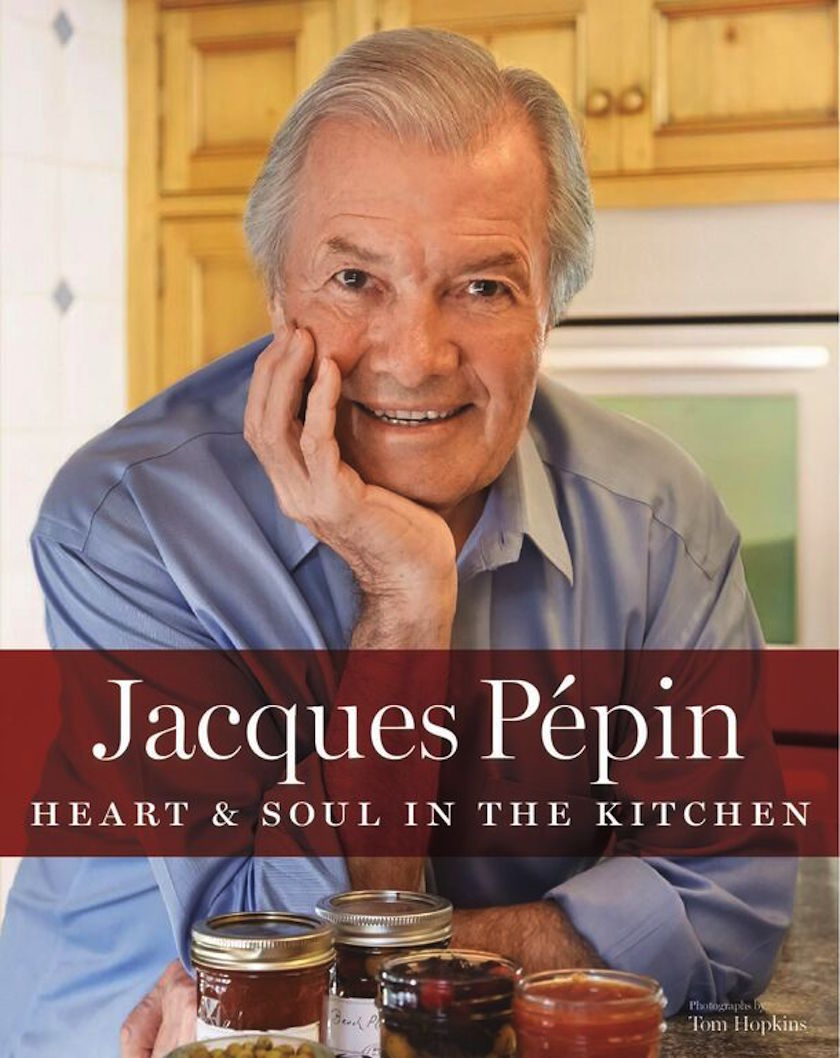
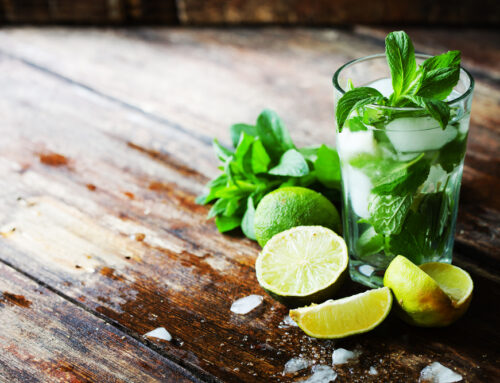
![Making Mealtime Matter with La Familia: Easy Sofrito [Video]](https://thelatinkitchen.com/wp-content/uploads/2015/10/sofrito-shutterstock__0-500x383.jpg)
![Easy Latin Smoothies: Goji Berry Smoothie [Video]](https://thelatinkitchen.com/wp-content/uploads/2015/12/goji_berry-shutterstock_-500x383.jpg)
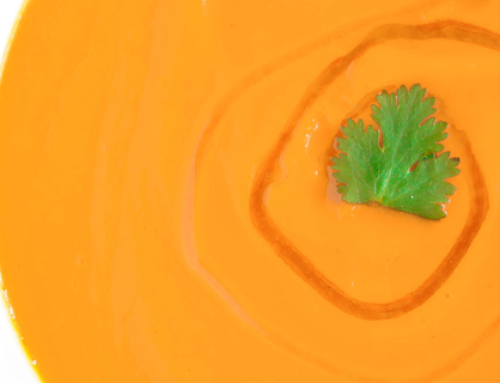
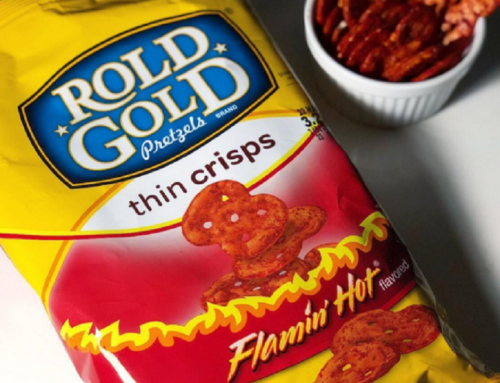
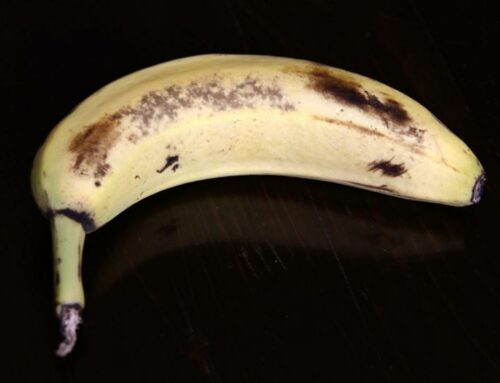


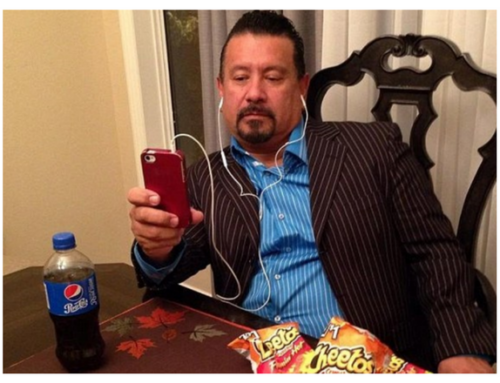
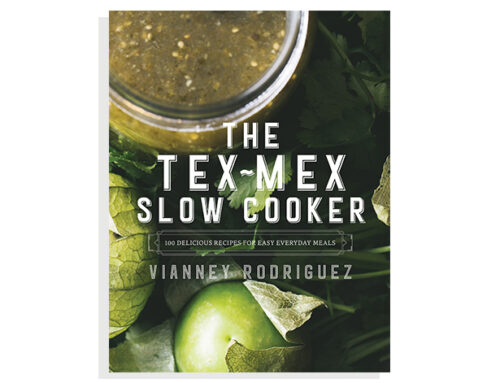
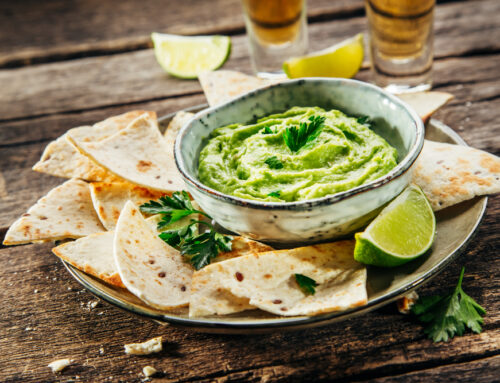
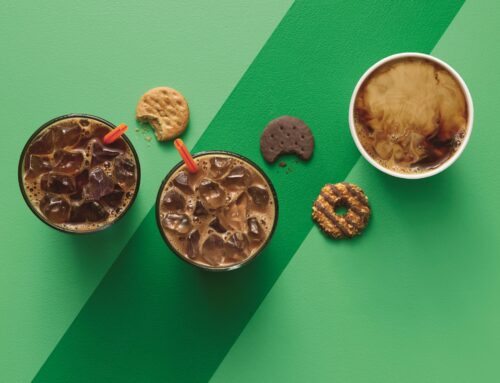
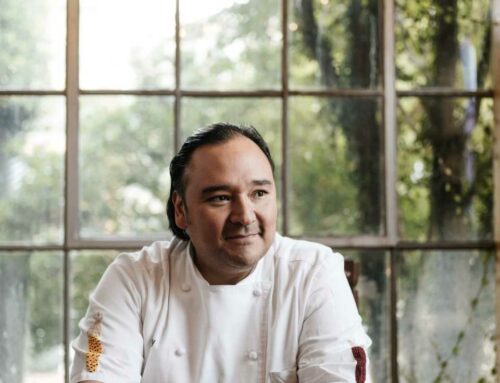
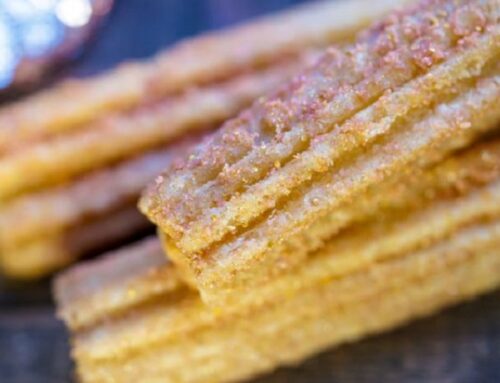
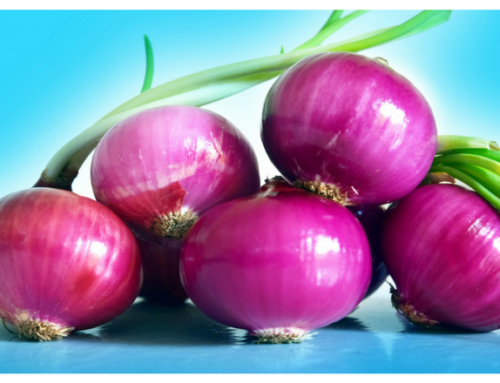




![Fun and Fast Recipes: Fiesta Cabbage Salad [Video]](https://thelatinkitchen.com/wp-content/uploads/2015/11/fiesta_cabbage_slaw-shutterstock_-500x383.jpg)
